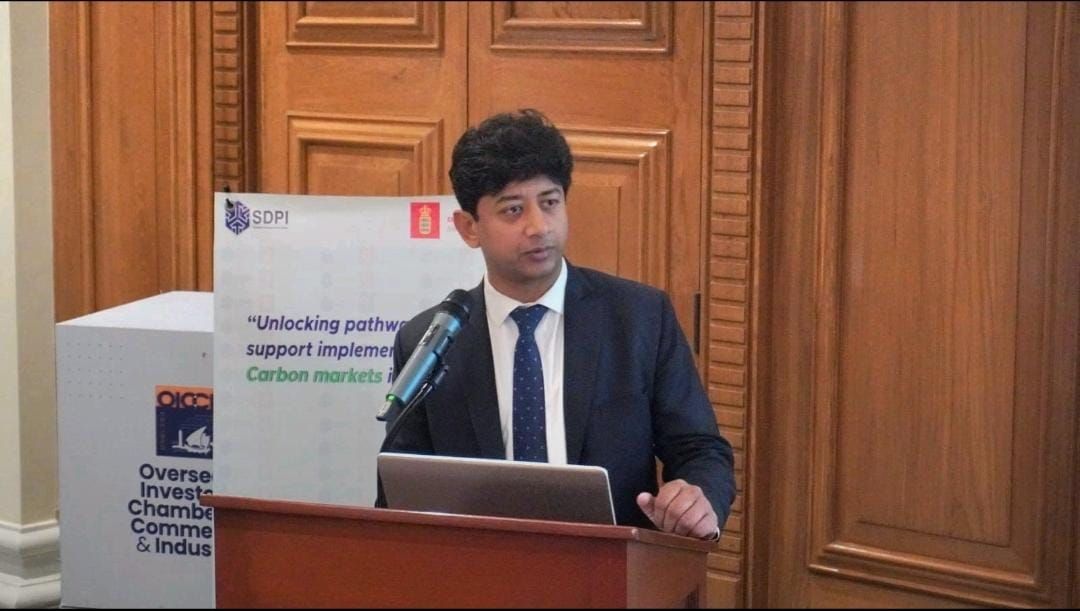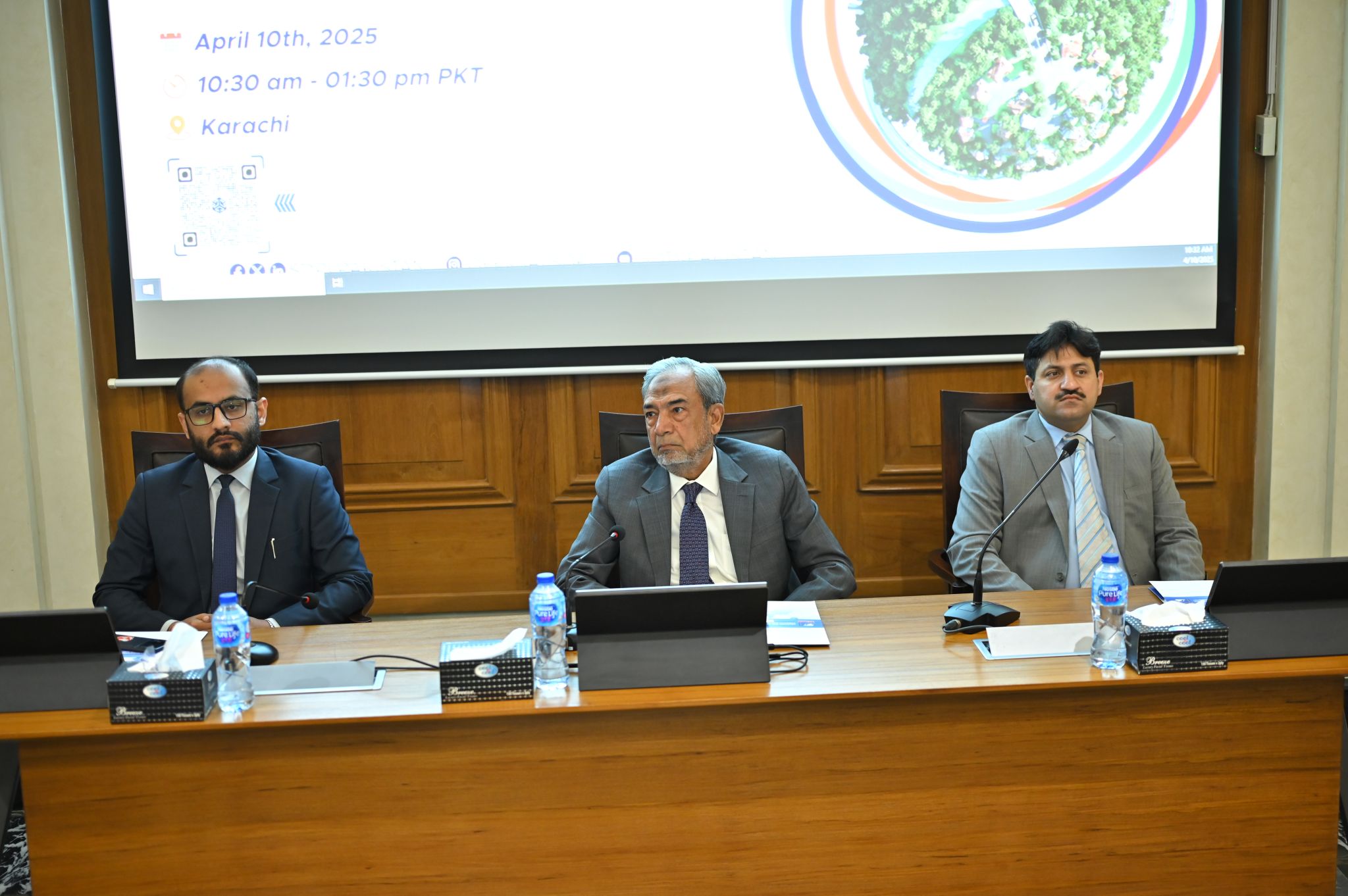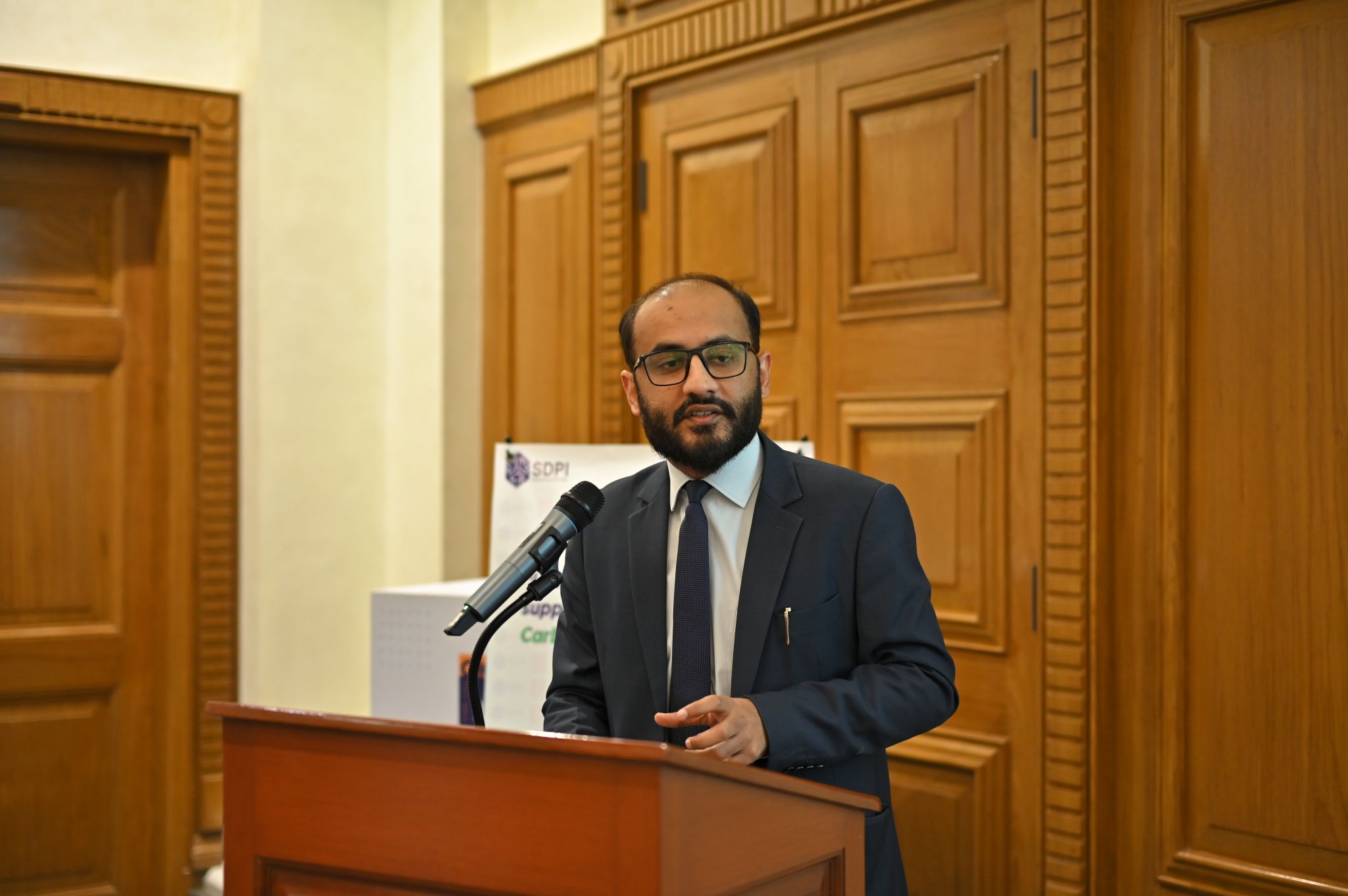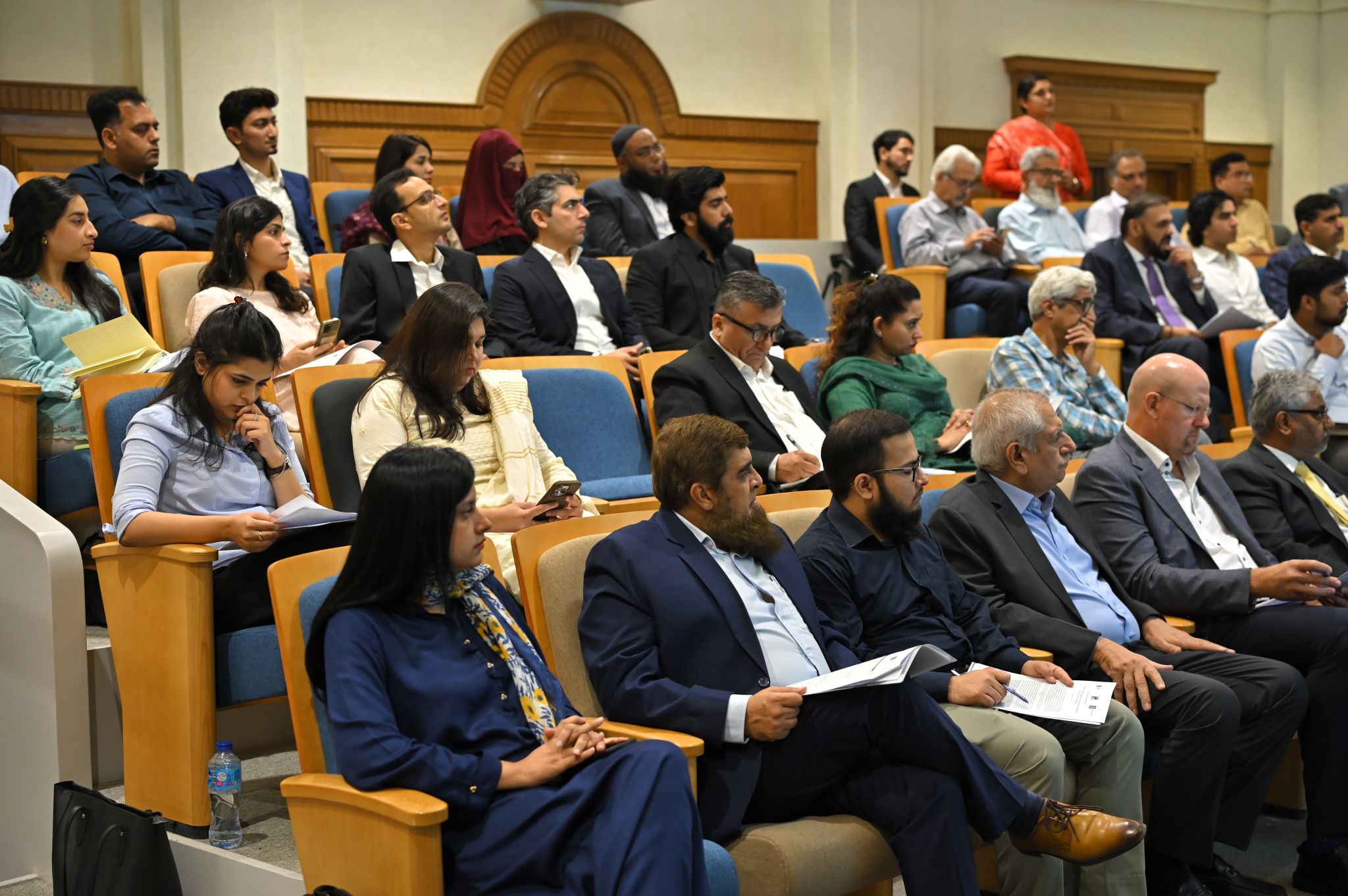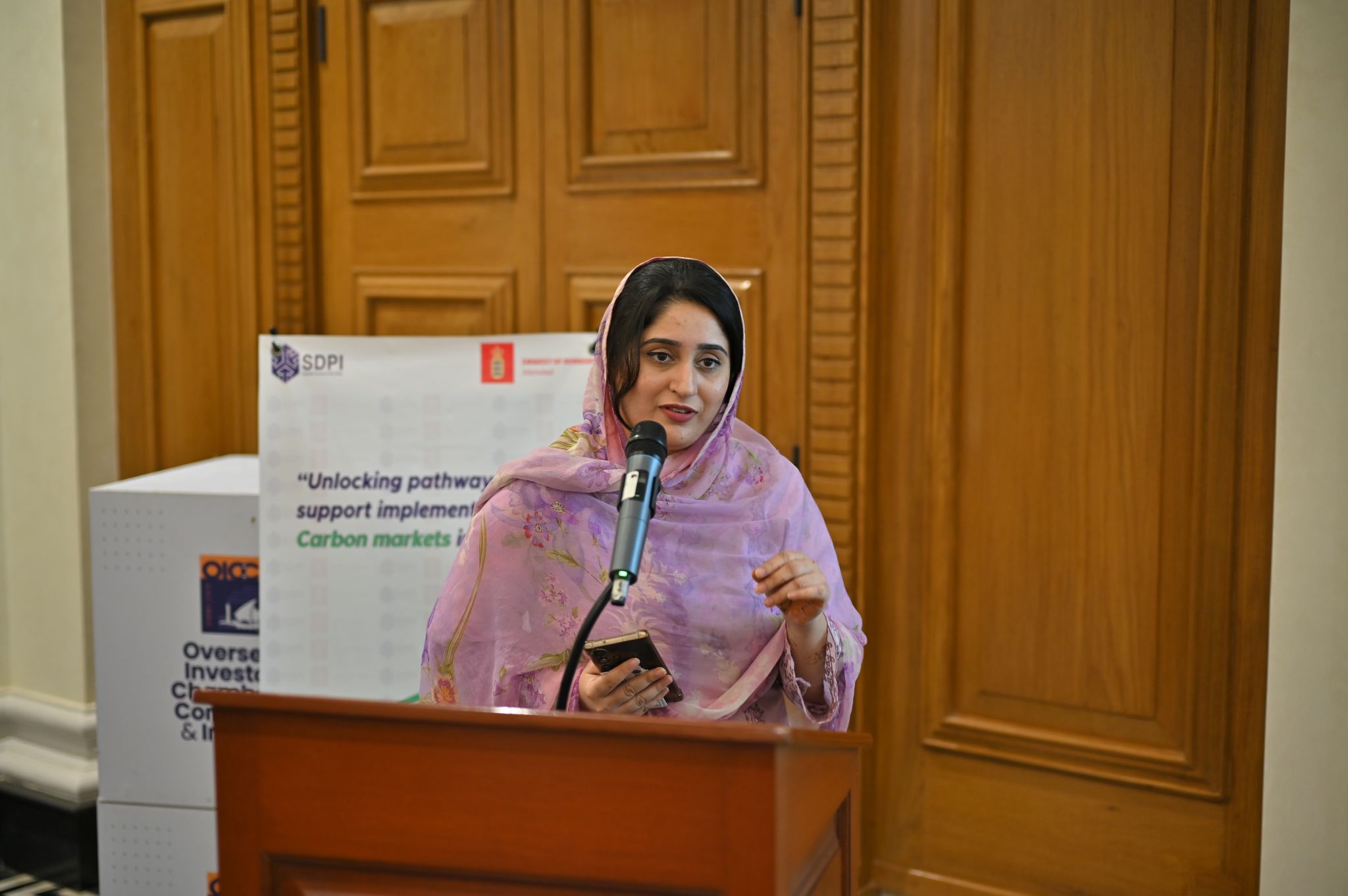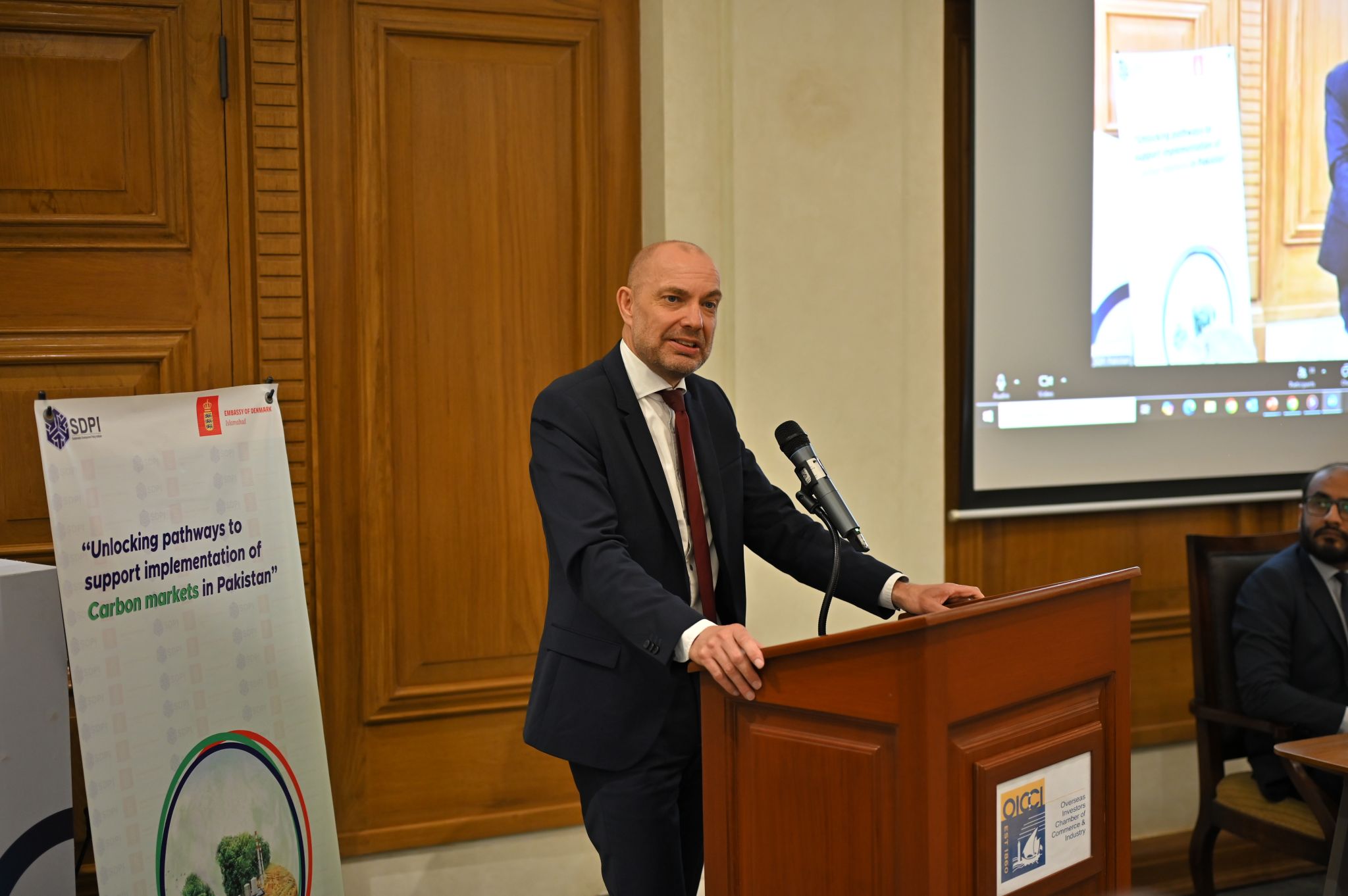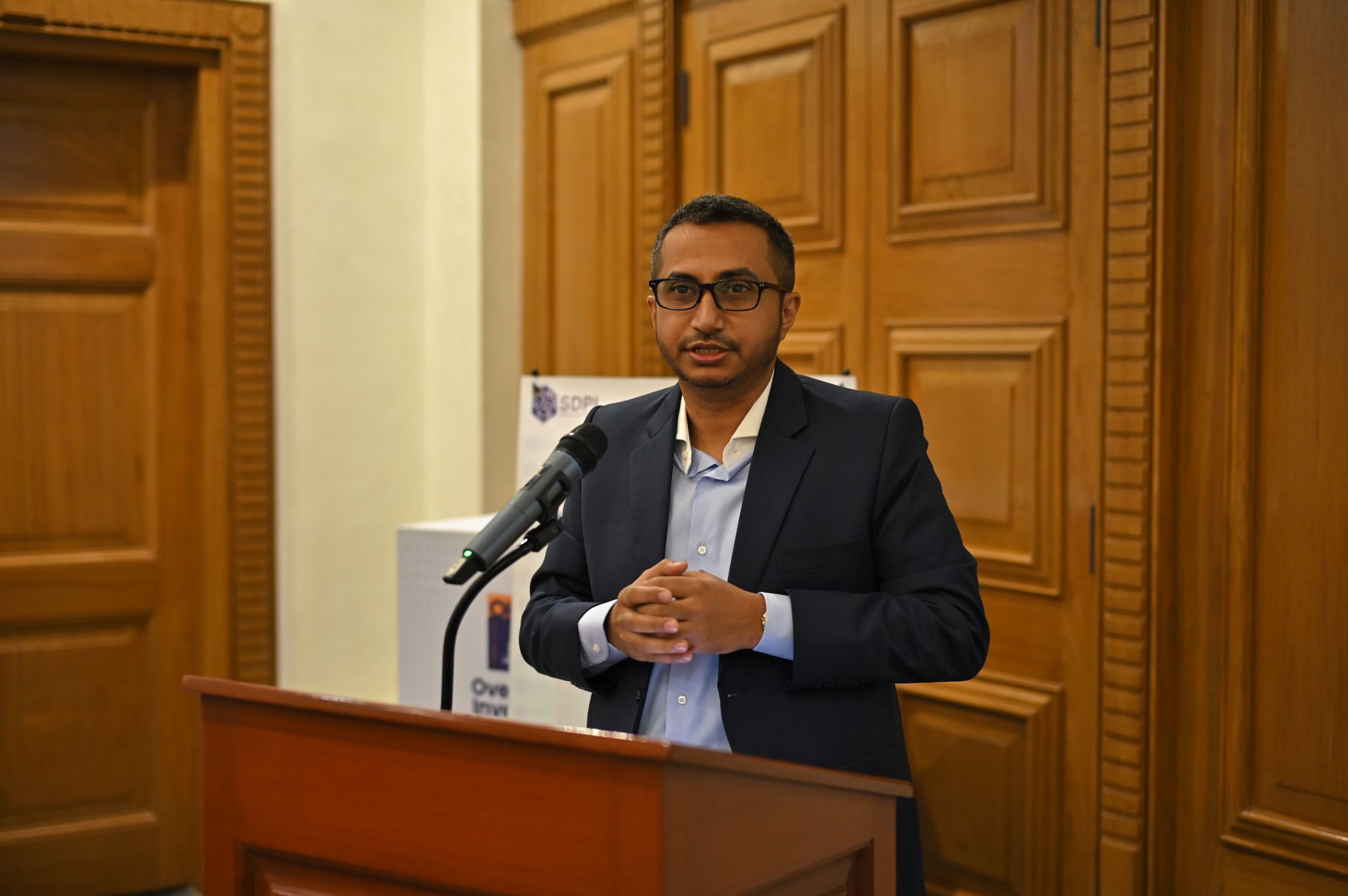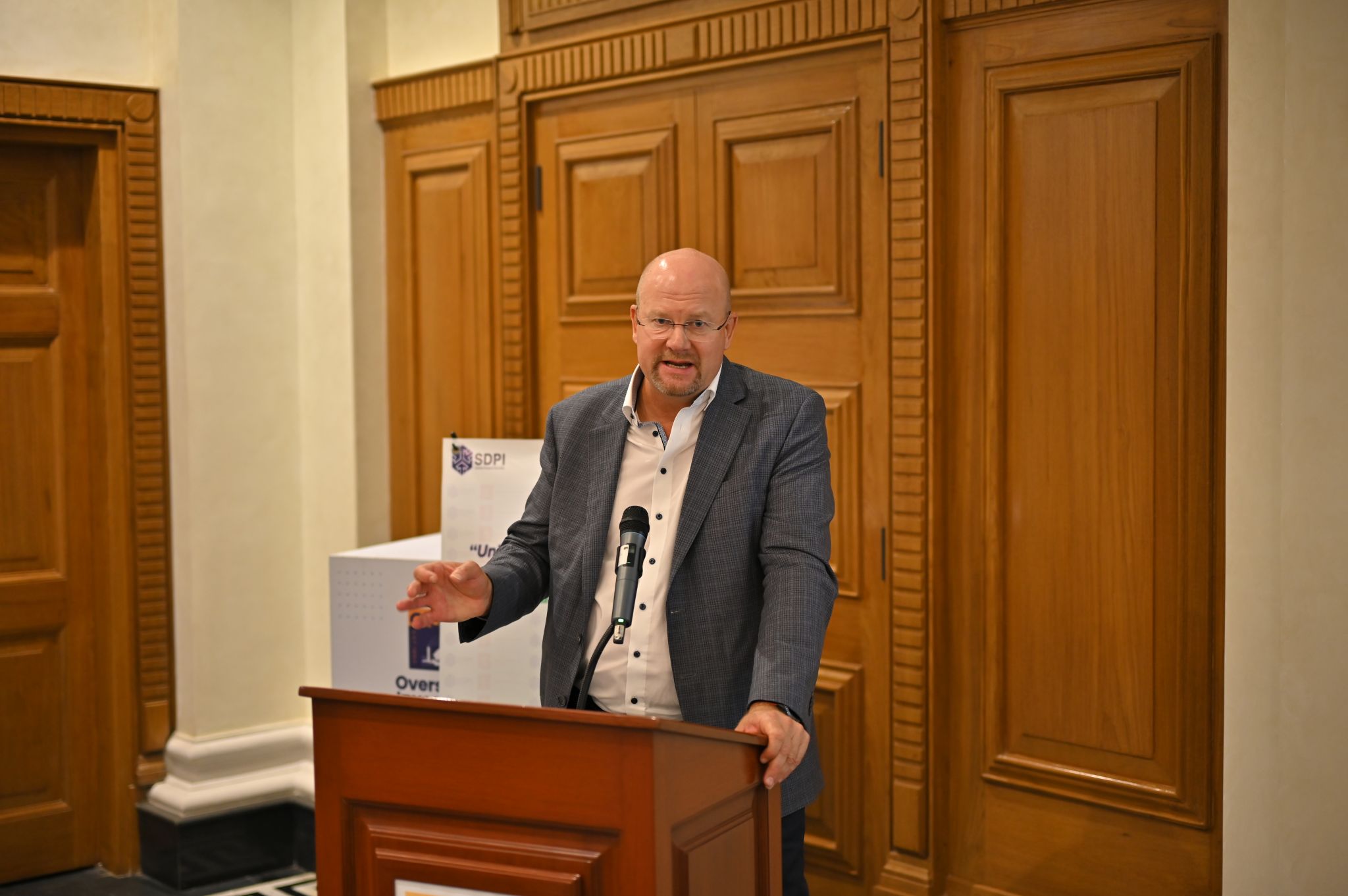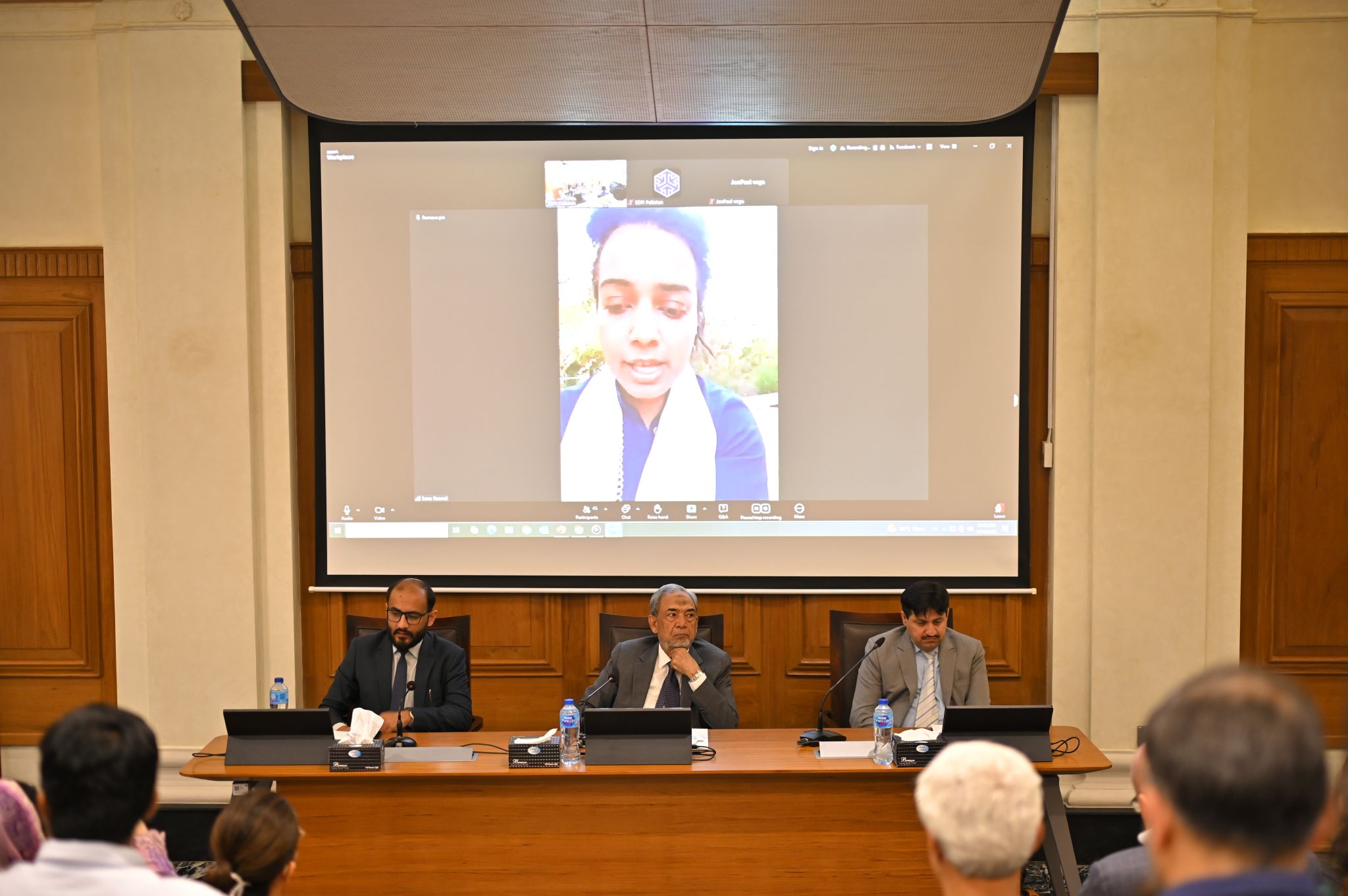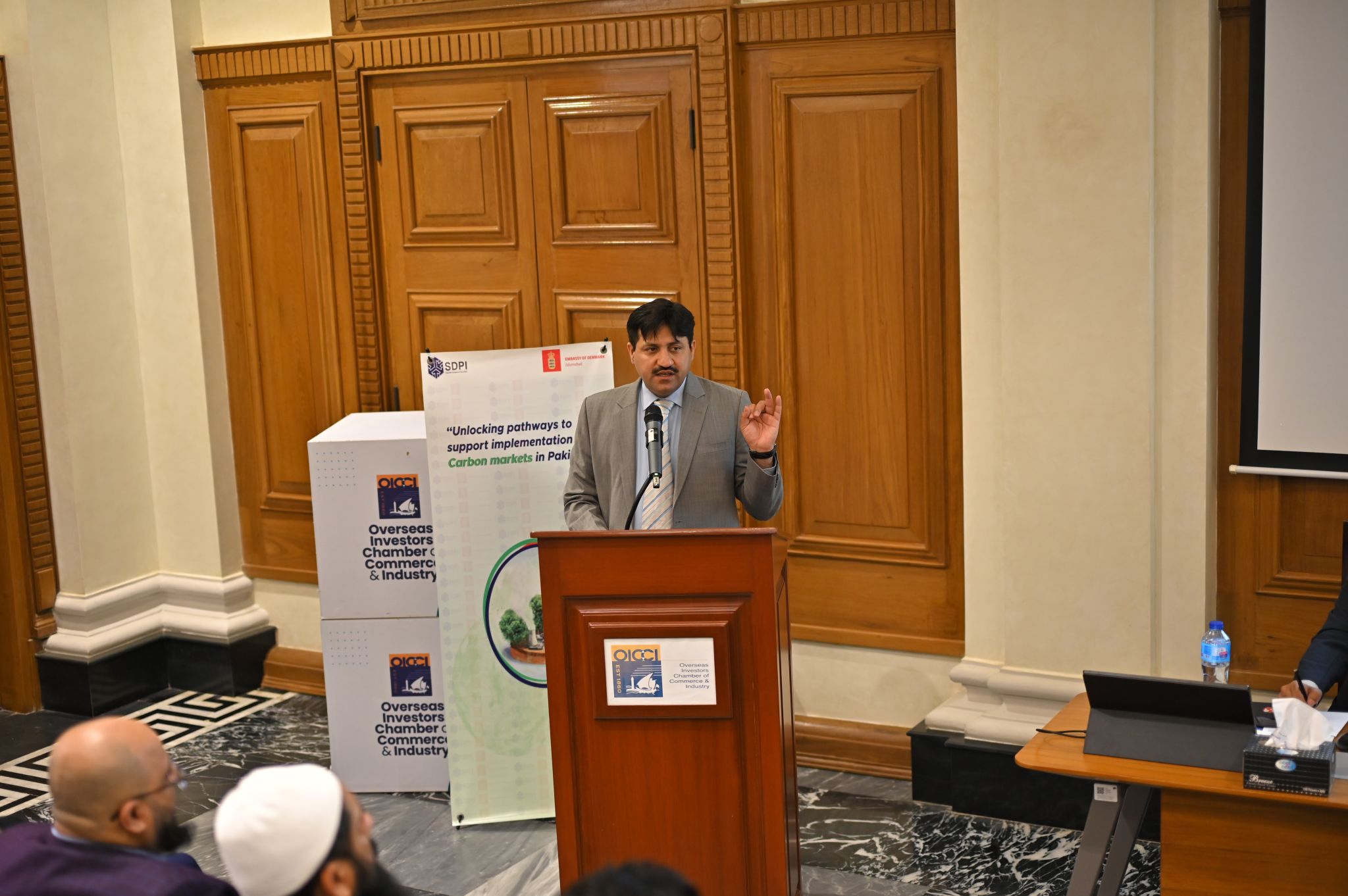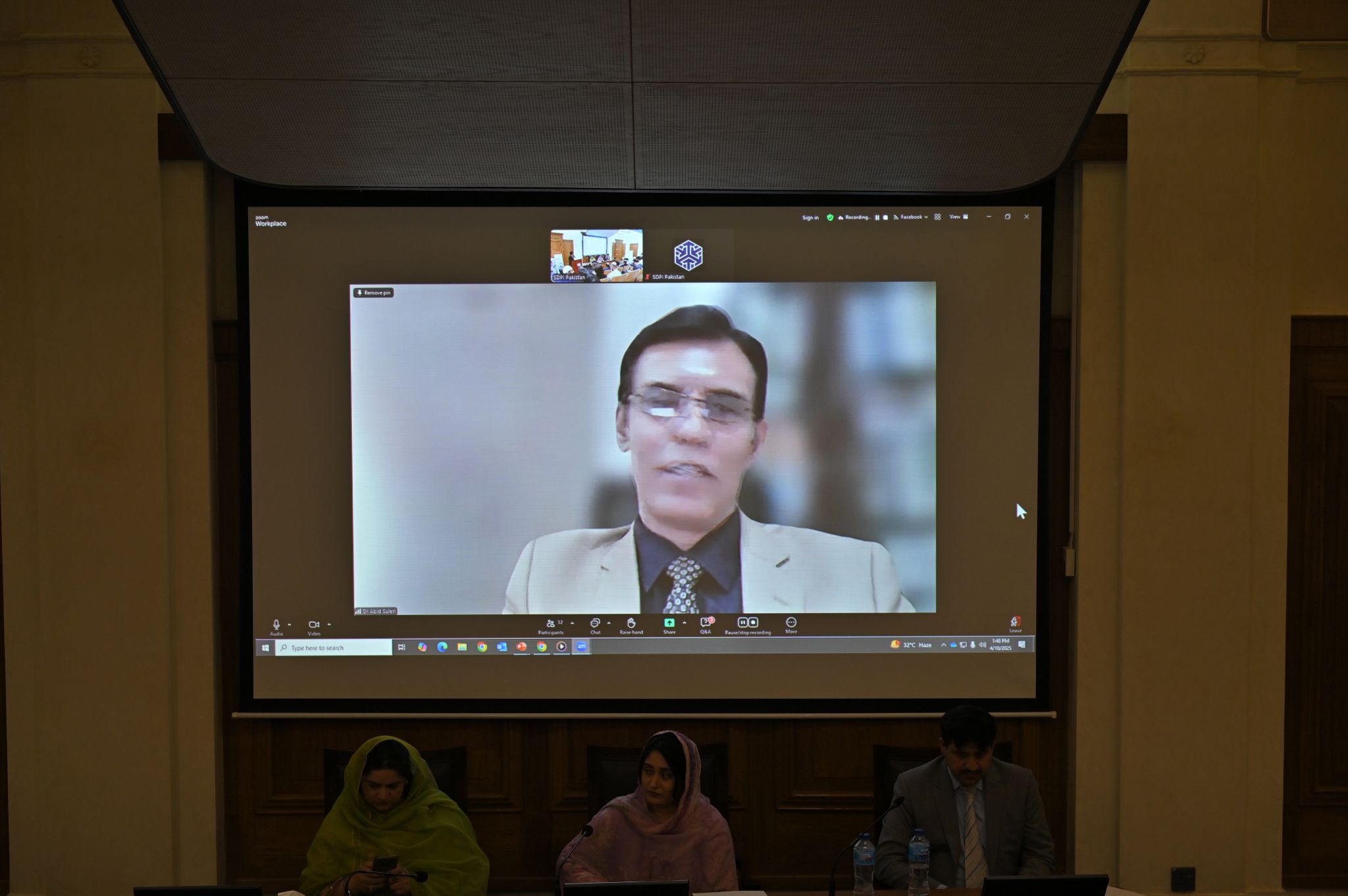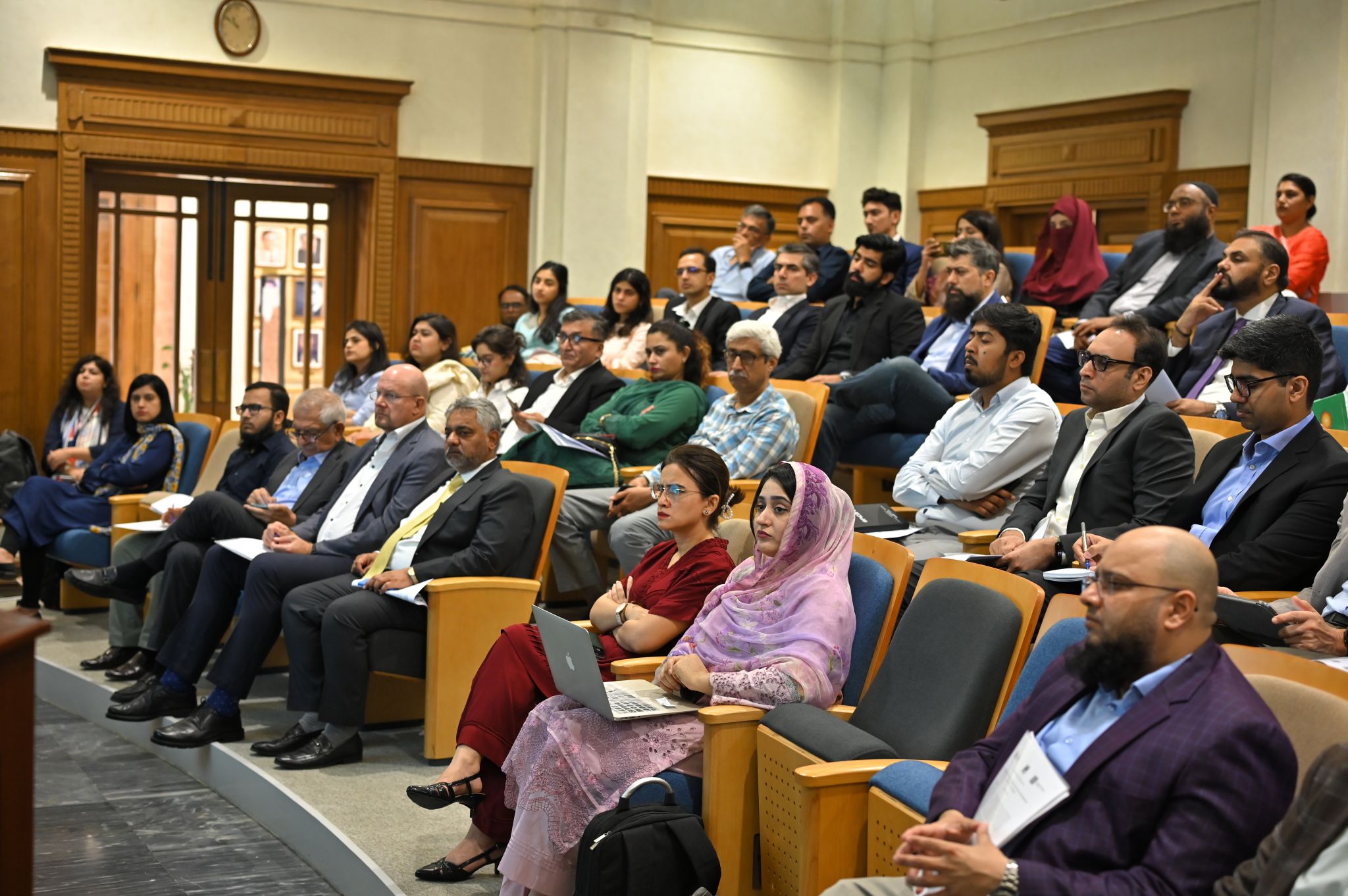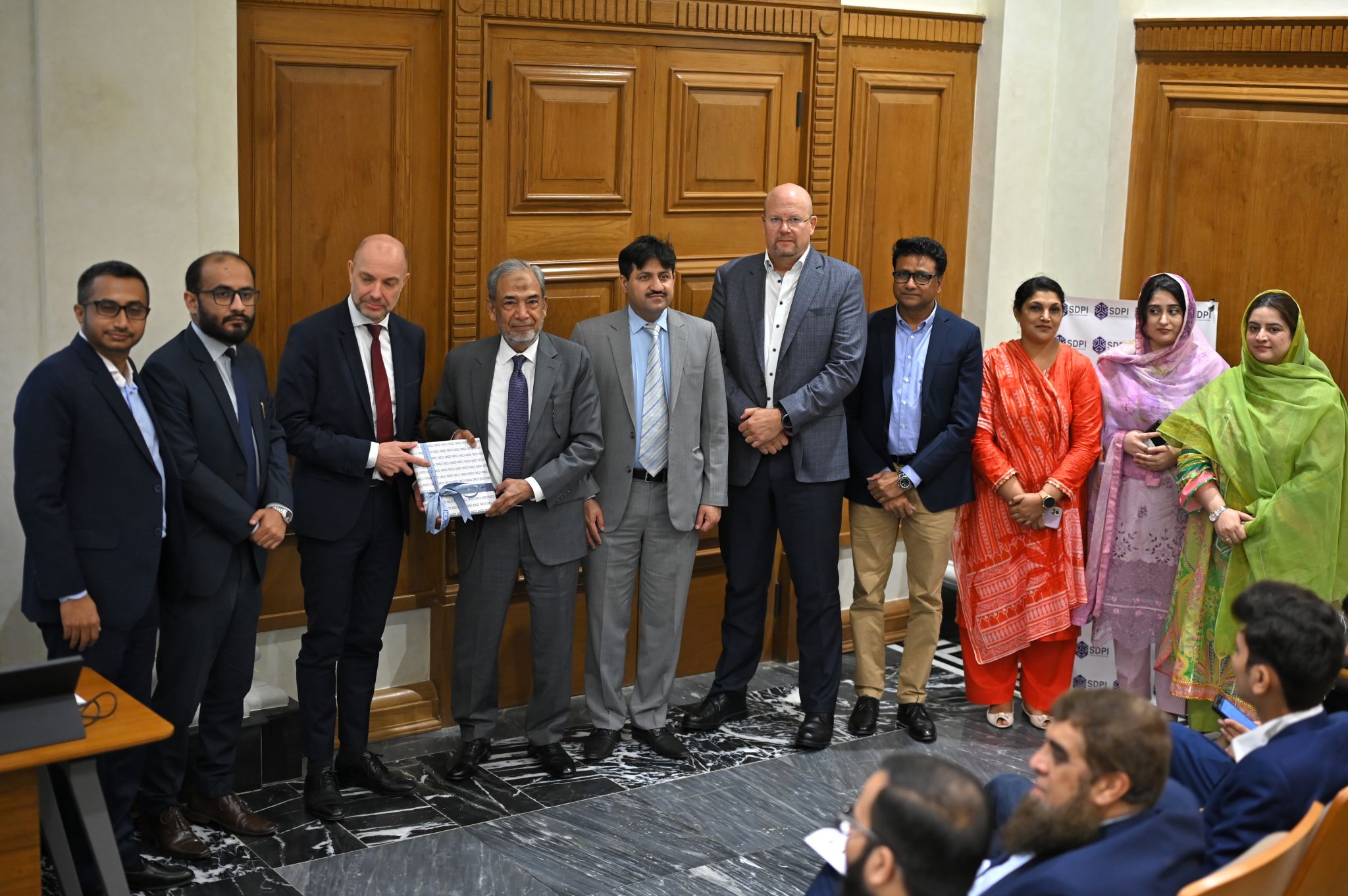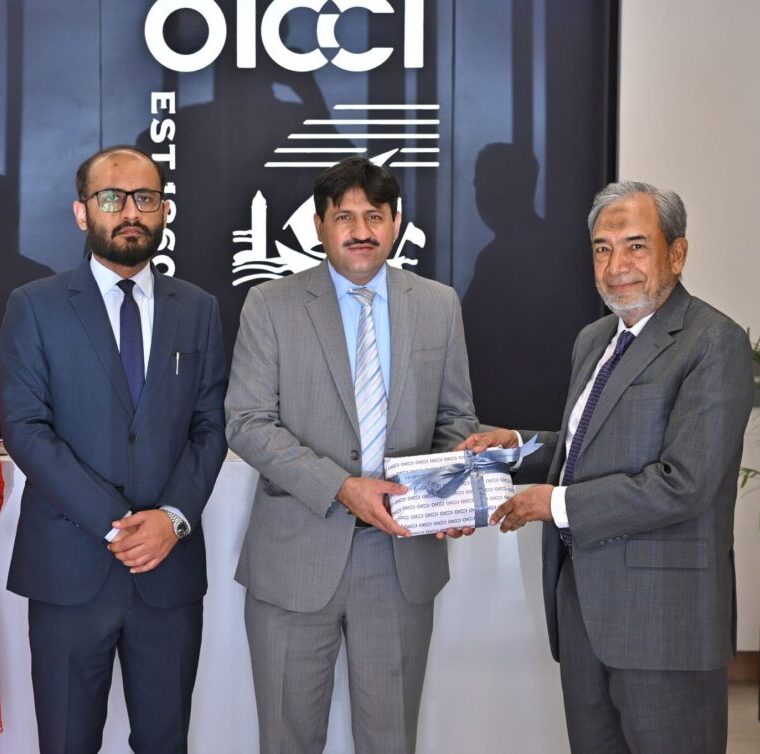The Capacity Building Workshop on "Leveraging Private Sector Engagement to Harness the Potential of Carbon Markets in Pakistan" was hosted by OICCI, in collaboration with the Embassy of Denmark and Sustainable Development Policy Institute (SDPI). Ubaid ur Rehman Zia expertly moderated the event, signifying the need for alternate financing mechanisms particularly carbon markets in changing market dynamics, particularly the role of the private sector in carbon markets. Mr. M Abdul Aleem, Secretary General OICCI, opened the session by emphasizing sustainability and collaboration between the private and public sectors, while highlighting OICCI’s ongoing climate change initiatives.
Dr. Khalid Waleed from SDPI discussed the need for institutionalizing carbon projects under Pakistan’s carbon pricing policy. He highlighted the operationalization of ITMOS as a way for private developers to access international markets and stressed that sustainability and equitability should be central, while cautioning against greenwashing. He also referenced the Paris Agreement and its Article 6, which outlines carbon market mechanisms.
Ms. Sana Rasool from the Ministry of Climate Change detailed the project development process, covering the Project Idea Note, Letter of Intent, and Authorization. She emphasized OICCI’s key role in establishing a robust national carbon credit pipeline. Dr. Irfan Yousuf spoke about opportunities in the private sector for carbon markets, including ecolabelling, circular economy, and SME decarbonization. Mr. Adil Marvi from Novonesis shared insights on carbon credit BioSolutions, which can significantly reduce GHG emissions and the potential of biofuels replacing traditional energy fuels.
H.E. Jakob Linulf, Ambassador of Denmark to Pakistan, stressed the importance of aligning renewable energy projects with the national grid and the strategic use of carbon taxes. He noted that Pakistan should focus on green initiatives, even if they take time. Dr. Abid Qaiyum Suleri of SDPI addressed the urgent need for integrating carbon taxes and tariffs to avoid reliance on foreign carbon credits. In closing, Mr. Andrew Bailey from BASF emphasized OICCI’s leadership in developing high-quality carbon credit projects in Pakistan.

